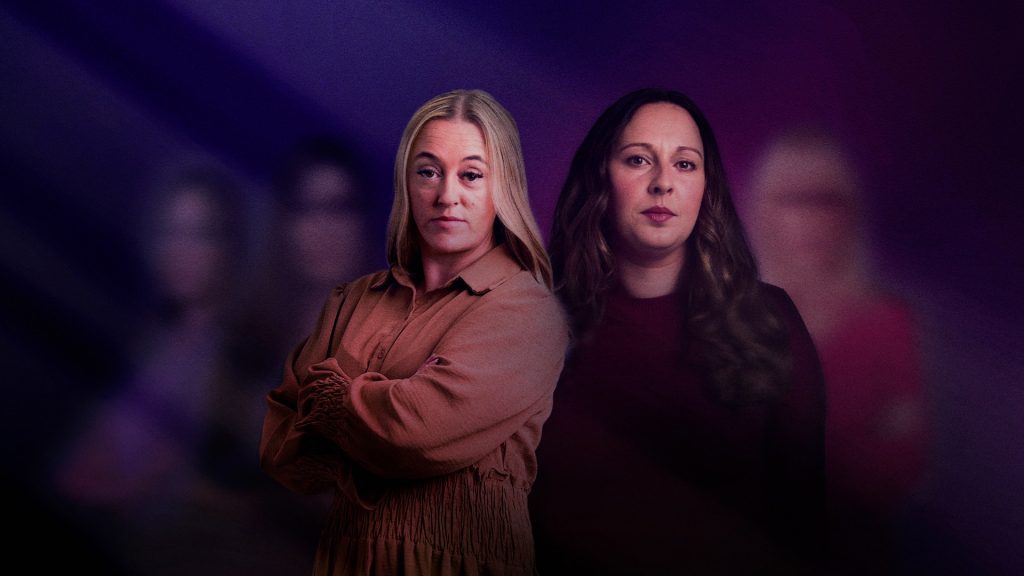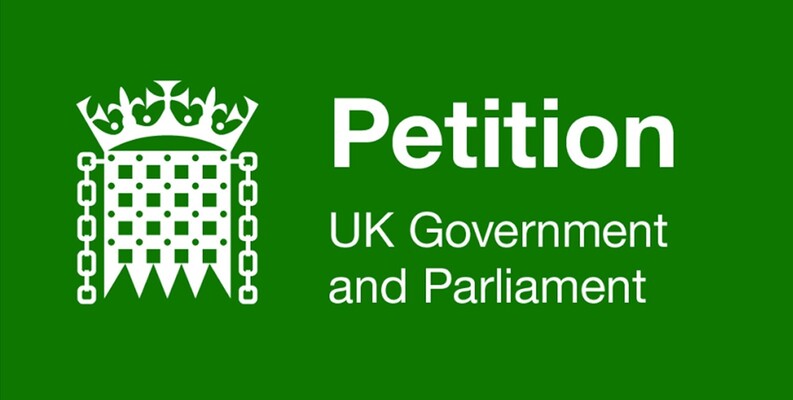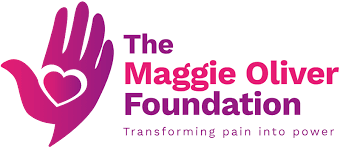
A National Statutory Inquiry Into Grooming Gangs: Holding Authorities Accountable
The Channel 4 documentary Groomed: A National Scandal broadcast this evening has once again brought the issue of grooming gangs into the spotlight, exposing the horrific abuse suffered by young victims across the UK. While the victims’ stories are both heart-wrenching and crucial to the conversation, the documentary also sheds light on the monumental failures of local councils, care providers, and the police in allowing such crimes to flourish unchecked for so long.
As we continue to process the scale of the abuse, it’s clear that a national statutory inquiry is not just necessary—it’s urgent. The victims deserve justice, but we also need to understand the full scope of systemic failures that enabled these crimes to occur. Without accountability for the authorities who failed to act, we are only addressing part of the problem.
Why the Focus Must Extend Beyond the Victims
While the stories of the victims are undeniably tragic, focusing solely on the victims risks missing the larger issue: the role of institutions in enabling this abuse. Local councils, social services, and the police were aware of the patterns of abuse, yet failed to take appropriate action. These institutions were meant to protect vulnerable children, yet time and time again they ignored warnings, silenced whistleblowers, and allowed grooming gangs to operate in plain sight.
This failure to act raises serious questions about the priorities of these institutions. Why were the safety and wellbeing of these children ignored? What was the cost of political correctness or fear of being labelled “racist”? How did these authorities continually protect perpetrators, even when their actions were reported to them?
The Role of Labour and Political Failures
It’s essential to consider the political context that allowed these failures to continue unchecked. In particular, the relationship between Labour and certain communities has raised concerns. Allegations that Muslim block postal votes were traded for financial support for mosques by the Labour Party point to a deeply concerning intersection of politics and community leadership. This connection creates an environment where issues such as grooming gangs, which often involve men from the Muslim community, were left to fester.
The reluctance to address grooming gangs within certain communities due to political motivations is not just an oversight—it’s a betrayal of the victims. Labour’s failure to hold these communities accountable, out of fear of alienating certain voters, contributed to the deep-rooted failure to protect children.
The Oldham Timeline: A Case of Delayed Accountability
The case of Oldham Council serves as a poignant example of the political inertia that delayed justice for victims of grooming gangs. For years, the council, under Labour control, rejected calls for an independent inquiry into the grooming gangs operating within the area. Despite increasing public pressure and the testimony of whistleblowers, Oldham Council maintained a stance of denial, failing to launch a proper investigation into the systemic failures that allowed the abuse to continue.
However, a major shift occurred when, on 13 February 2025, Oldham’s Conservative Group led a motion calling for a statutory public inquiry into child sexual exploitation in the town. This move followed months of frustration, as ministers had previously rejected a government-led inquiry. The motion, which was passed unanimously by the council, emphasized that a judge-led review would have more power than the current local inquiry, including the ability to compel witnesses. This motion was met with applause from the public gallery, many of whom had been advocating for such an inquiry for years.
The call for a statutory inquiry was grounded in the fact that previous investigations and local reviews had failed to uncover the full extent of the abuse or compel relevant witnesses to provide evidence. It was noted that safeguarding failures by Greater Manchester Police and Oldham Council, particularly between 2011 and 2014, were highlighted in a 2022 report, which found no evidence of a cover-up, but confirmed that children in Oldham had been failed (BBC News).
Government Response: From Promise to Controversy
In January 2025, Home Secretary Yvette Cooper announced a £10 million initiative to fund local inquiries into grooming gangs in five towns, including Oldham. This move came after mounting public pressure and legal threats, notably from former police detective Maggie Oliver, who warned of legal action unless the government took meaningful steps to address the issue (ITV News).
However, the government’s approach has faced criticism. The planned local inquiries lack statutory powers to compel witnesses, raising concerns about their effectiveness in uncovering the full extent of institutional failures. Critics argue that without the authority to summon witnesses and demand evidence, these inquiries may not achieve the transparency and accountability needed (The Times).
Moreover, the government’s decision to limit the inquiries to five towns has been met with skepticism. Some argue that this selective approach may be politically motivated, potentially downplaying the involvement of certain demographics and favoring areas with specific political leanings (AP News).
Legal Action: Holding Authorities Accountable
In response to the government’s limited approach, Maggie Oliver has launched the #TheyKnew campaign, aiming to hold accountable those who failed to act on grooming gang cases. The campaign seeks to raise £125,000 to investigate the actions of police forces, local authorities, and individuals across the country to determine whether private prosecutions, civil claims, or other legal proceedings can be brought against them for past failures (ITV News).
Oliver has been a steadfast advocate for victims, emphasizing the need for legal accountability to ensure that those in positions of power who failed to protect children are held responsible for their actions.
Why a Statutory Inquiry is Crucial
Rupert Low’s crowdfunding campaign for a national statutory inquiry is essential for ensuring that the authorities responsible for these failures are held accountable. This inquiry must not only examine the victims and their tragic experiences but also look at the political and institutional failures that allowed grooming gangs to thrive. It must question why certain individuals and institutions felt comfortable prioritizing political gain over the safety of children.
A national inquiry will provide a platform to investigate systemic failures, uncover cover-ups, and ensure that those in positions of power are held to account. This inquiry is not just about investigating grooming gangs—it’s about investigating the structures that allowed these heinous acts to continue.
Working Across Political Lines for a Common Cause
While I strongly disagree with many policies of the Reform Party (particularly their position on the environment and tackling the climate crisis), I firmly believe that it is vital to collaborate with other parties when it comes to issues of safeguarding and protecting vulnerable individuals. The grooming gang scandal is a national institutional safeguarding failure, disproportionately affecting vulnerable young white girls, and it is a matter of urgent national importance. Regardless of political differences, ensuring that justice is served for these victims is a cause that transcends party lines. The need for a comprehensive inquiry into the institutional failures surrounding grooming gangs is something that must unite us all in the pursuit of justice and accountability.
How You Can Help: Support the Inquiry
The crowdfunding campaign launched by Rupert Low is crucial in funding the resources necessary for this inquiry. Public support for the campaign sends a clear message that we, as a society, will not tolerate such gross negligence and injustice. By contributing to the campaign, you can help ensure that these stories are heard and that those in power are held responsible.
It’s time for the authorities to stop brushing these issues under the carpet and start taking responsibility for the lives they failed to protect. A statutory inquiry will provide the transparency needed to expose the truth, prevent future abuse, and ensure that those responsible are held accountable for their actions.
Take Action: Sign the Parliamentary petition

Please support the vital work of Maggie Oliver.

Personal Note on why this is important.
As an environmentalist and former Green Party Executive (GPEx) elected member, I understand that my decision to share campaigns from other political groups (particularly from the Reform Party) may raise eyebrows for some. But let me explain why I feel compelled to do so.
For two decades as a music teacher, and with extensive experience in safeguarding and policy development at the national level, I have seen firsthand the importance of collaboration in achieving common goals. Large organizations, whether political or otherwise, must have systems in place to protect vulnerable people—this is non-negotiable. When it comes to protecting children and holding those in power accountable, we must set aside our differences and work together, regardless of party lines.
The need to safeguard the most vulnerable in our society is too important to be divided by ideological barriers. In this fight, every ally counts, and I am willing to work with anyone who shares this essential goal, even if it means stepping outside my usual political comfort zone. It’s about putting the welfare of our most vulnerable first—above all else.
In solidarity – Dawn Furness


Leave a Reply